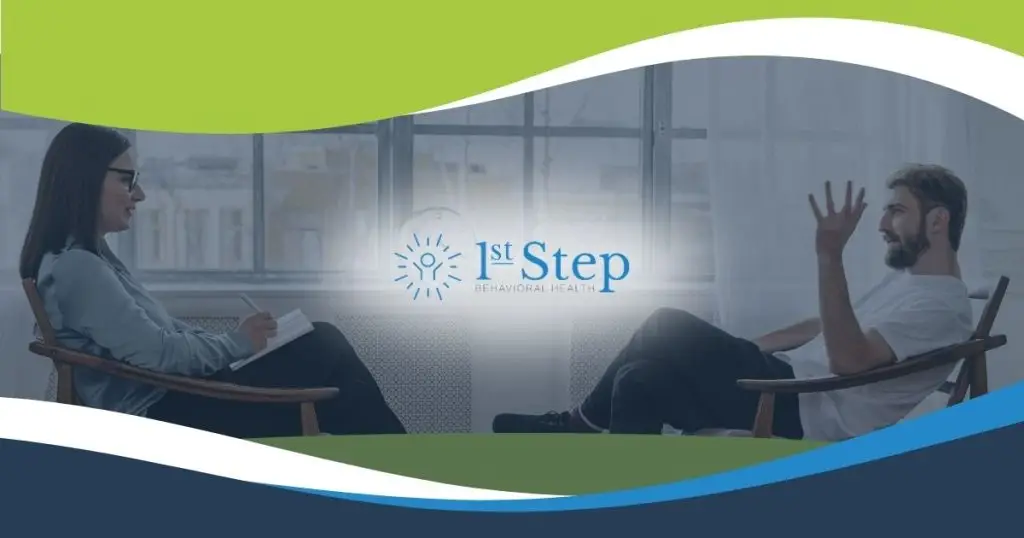Overcoming opioid addiction isn’t easy. In retrospect, some people describe it as one of the hardest things they’ve ever done. However, there are medical approaches that can make recovery more attainable.
In an approach known as medication-assisted treatment (MAT), addiction treatment providers use FDA-approved medications combined with counseling and behavioral therapy to alleviate opioid withdrawal symptoms and cravings. One of these medications is Sublocade.
During treatment, healthcare professionals prescribe Sublocade (buprenorphine extended-release) to individuals who struggle with opioid addiction to help them prevent a relapse. If you or a loved one are struggling with opioid addiction and are questioning whether a Sublocade treatment program is right for you, please contact our Pompano Beach addiction specialists for a risk-free consultation today.
What is Sublocade? Understanding the Basics
Sublocade is a brand-name prescription medication used to treat opioid dependence. It is an extended-release formulation of buprenorphine that comes in the form of a subcutaneous injection, meaning it is administered under the skin (usually in the abdomen).
Buprenorphine is the same medication found in other opioid addiction treatment medications like Suboxone and Subutex. It is a partial opioid agonist that works by binding to the same receptors in the brain as opioids. Still, it produces weaker effects compared to full opioid agonists like heroin or oxycodone.
Buprenorphine works by reducing cravings and withdrawal symptoms without producing the same intense euphoria or “high” associated with other opioids. Additionally, buprenorphine has a ceiling effect, meaning that increasing doses beyond a certain point does not result in further respiratory depression, which can reduce the risk of overdose.
Sublocade is given after individuals have taken a daily oral dose of buprenorphine. Treatment initiation with oral buprenorphine ensures that individuals can tolerate buprenorphine well before receiving the extended-release injection.
Common Sublocade Side Effects
Sublocade is a medication used for the treatment of opioid use disorder. Like any medication, it can cause side effects in some individuals. Common side effects of Sublocade may include:
- Injection site reactions (such as pain, redness, swelling, or itching at the injection site)
- Headache
- Nausea
- Constipation
- Fatigue
- Insomnia (difficulty sleeping)
- Dizziness
- Diarrhea
- Decreased appetite
- Anxiety
It’s important to note that not everyone will experience these side effects, and some individuals may experience side effects that are not listed here. If you experience severe or persistent side effects while using Sublocade, it’s important to consult with your healthcare provider for medical assistance.
How Does Sublocade Help Treat Opioid Addiction?
When injected under the skin, Sublocade forms into a solid, gel-like substance known as a depot. The depot releases a steady dose of buprenorphine in the body for a month, providing for steady levels of buprenorphine in the system.
By maintaining steady levels of the medication, clients can avoid the ups and downs that are sometimes associated with daily buprenorphine treatment. Sublocade patients experience fewer cravings and may find it easy to adhere to their treatment program.
Medication Management
Sublocade is a once-monthly medication that a healthcare provider administers. While participating in a Sublocade treatment program in Pompano Beach, individuals will have regular check-ins with their doctor as well as their monthly injection. Check-ins are designed to monitor progress and discuss any concerns.
During these appointments, healthcare providers may:
- Evaluate the effectiveness of Sublocade in managing opioid cravings and withdrawal symptoms.
- Adjust the dosage or treatment plan as needed based on the individual’s response to the medication.
- Address any side effects or complications.
- Provide counseling or support services to address underlying issues contributing to opioid addiction.
- Review the individual’s overall health and well-being, including any other medical conditions or medications.
Clients receive Sublocade treatment at a residential treatment program with around-the-clock care from healthcare professionals, allowing individuals to access them at any time.
Counseling & Behavioral Therapy
In addition to medication management, counseling and behavioral therapy are integral components of a comprehensive Sublocade treatment program. These therapeutic interventions aim to address the psychological, emotional, and behavioral aspects of substance abuse. They also help individuals develop coping strategies, improve self-awareness, and make positive lifestyle changes to support long-term recovery.
Types of counseling and therapy used include:
- Individual therapy – One-on-one sessions with a therapist help individuals explore personal issues, identify triggers, and develop coping skills.
- Group therapy – Peer support sessions provide a sense of community, reduce isolation, and offer opportunities to share experiences and learn from others.
- Family therapy – Involving family members in therapy helps improve communication, rebuild trust, and strengthen support networks.
- Psychoeducation – Education about addiction, recovery, and medication effects equips individuals with knowledge to make informed decisions.
- Life skills therapy – Focuses on developing practical skills such as stress management, communication, and problem-solving.
Combined with a complete treatment program, the Sublocade shot can help individuals manage cravings for opioids and maintain their sobriety.
Find a Sublocade Treatment Program in Pompano Beach, FL Today
If you or someone you love are struggling with opioid addiction and interested in Sublocade treatment in Pompano Beach, please reach out to our dedicated support staff at First Step Behavioral Health today. We support medication-assisted treatment (MAT) clients by providing comprehensive, integrative care that promotes long-term recovery. Learn more about our treatment programs or get started with a confidential, risk-free assessment today.

